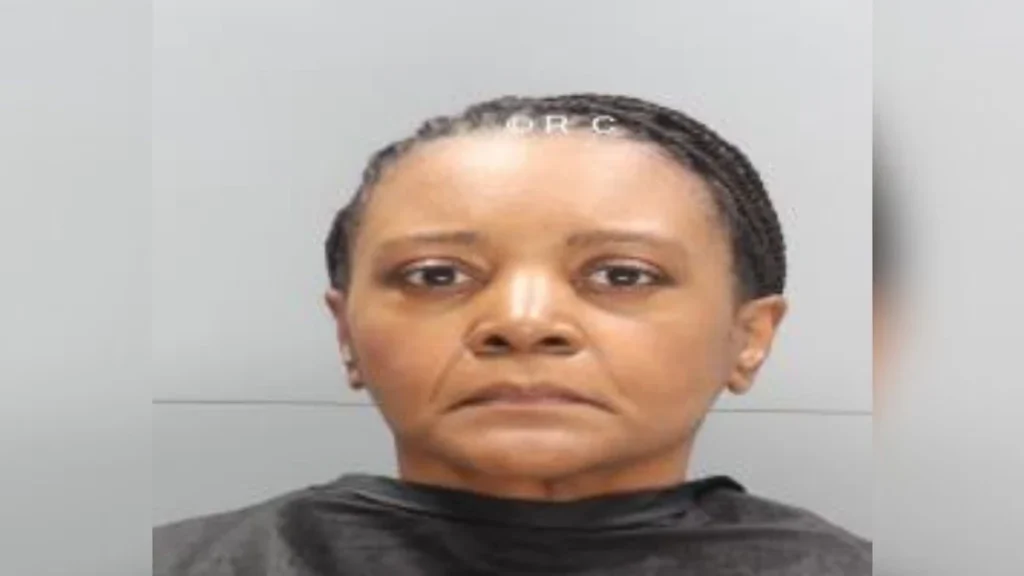A former power of attorney is facing serious felony charges after allegedly stealing over $10,000 from a resident at White Oak Manor nursing home in Columbia, South Carolina. Shanna V. Brown, 43, has been charged by South Carolina Attorney General Alan Wilson with exploitation of a vulnerable adult and breach of trust with fraudulent intent.
The alleged incident came to light after White Oak Manor referred the case to the Vulnerable Adults and Medicaid Provider Fraud (VAMPF) Unit. Their subsequent investigation revealed that Brown, who held power of attorney for the victim, purportedly misused the resident’s funds for her own personal gain, converting more than $10,000 of the individual’s assets.
This case highlights a significant concern within the long-term care sector. As noted by the National Council on Aging, “Approximately one in ten Americans aged 60+ have experienced some form of elder abuse.” Financial exploitation, like the type alleged in this case, is a particularly insidious form of abuse, often leaving vulnerable individuals with significant financial and emotional distress.
Attorney General Wilson emphasized the gravity of the charges, stating, “We have a responsibility to protect our vulnerable adults, and we will vigorously prosecute those who seek to take advantage of them.”
The charges Brown faces carry significant penalties. Exploitation of a vulnerable adult is a felony punishable by up to five years in prison and a $5,000 fine. Breach of trust involving $10,000 or more is also a felony, carrying a potential sentence of up to 10 years in prison or a fine at the court’s discretion.
This incident serves as a critical reminder for nursing home operators and administrators to maintain stringent oversight of financial matters involving residents and to ensure robust reporting mechanisms are in place. It also underscores the importance of thorough background checks and ongoing training for individuals who hold positions of trust with vulnerable adults in long-term care facilities. The outcome of this case will be closely watched by the industry, as it further emphasizes the legal and ethical obligations to protect nursing home residents from exploitation.


